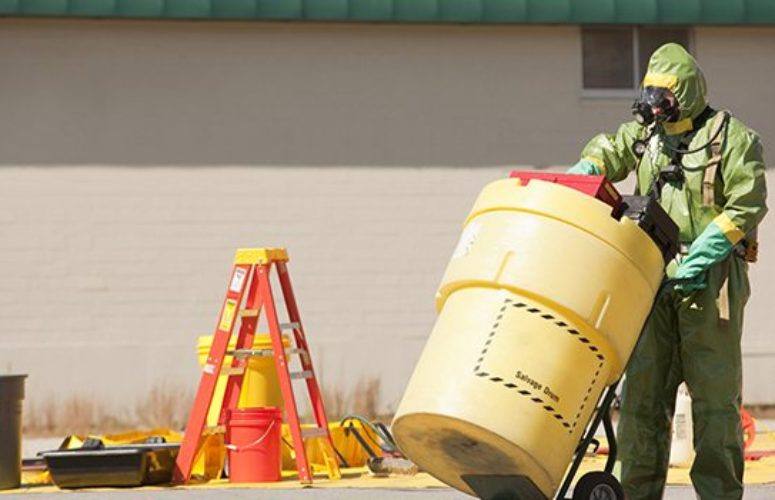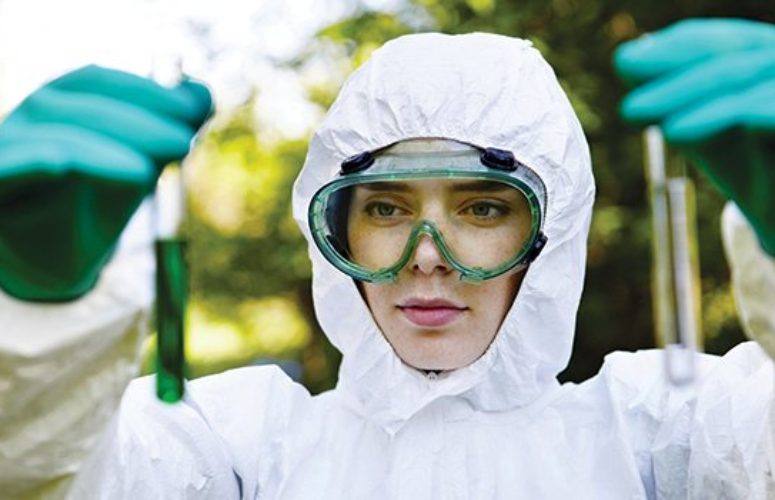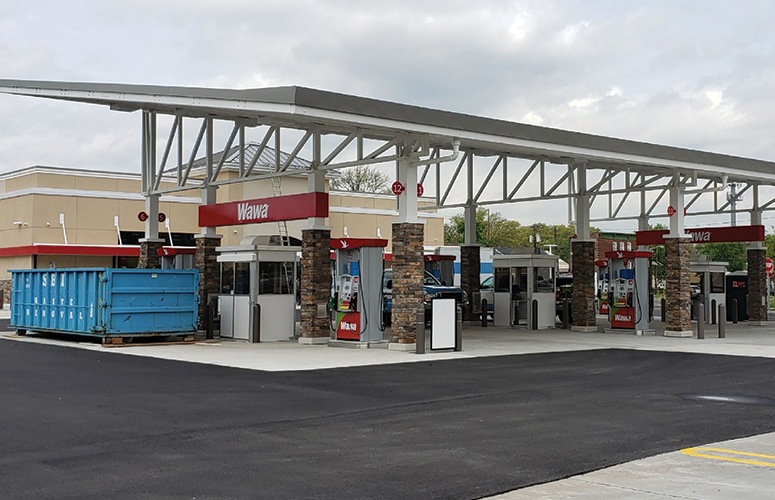
Understanding ‘Professional Judgment’
By Nick DeRose, LSRP, Managing Principal, Langan Engineering and Environmental Services, Inc. On Feb 26, 2016New Jersey’s Site Remediation Reform Act (N.J.S.A. 58:10C-1 et seq.) includes language to establish a framework for the application of a Licensed Site Remediation Professional’s (LSRP) professional judgment. Having an articulated framework in place for applying professional judgment became a top priority after consultation with leaders in the Massachusetts Licensed Site Professional (LSP) program.
One only has to think about the nature of science to realize that professional judgment inherently defines the scientific process.
The data and information (facts) an LSRP collects and reviews can only yield conclusions through interpretation and professional judgment. There are only a few situations when facts can be interpreted without professional judgment. Furthermore, without the supporting rationale of professional judgment, one can argue there is no science.
But an LSRP must work under a complex and often prescriptive set of laws and regulations. So, how does this leave room for an LSRP to exercise professional judgement? The framework for professional judgment in the work completed by LSRPs is established in the Site Remediation Reform Act (SRRA) and in regulations, including the recently adopted Regulations of the New Jersey Site Remediation Professional Licensing Board (N.J.A.C. 7:26I). In both, the framework for applying professional judgment is established through the following language:
“When there is no specific technical guidance issued by the Department of Environmental Protection, or in the judgment of the LSRP the guidance issued by the Department is inappropriate or unnecessary to meet the remediation requirements listed in (a) above, the LSRP may use the following additional guidance provided that the LSRP includes in the appropriate report a written rationale concerning why the technical guidance issued by the Department is inappropriate or unnecessary to meet the remediation requirements … and justifies the use of the guidance or methods that were utilized.”
In subsequent guidance for “Varying from a Rule and Applying Technical Guidance” dated November 28, 2011, the Department further clarified:
“If the LSRP does not consider Department Guidance appropriate or necessary, the LSRP must explain why and provide adequate justification to document that the decisions made are still protective of public health, safety and the environment pursuant to SRRA. The complexity of the explanation will be relative to the complexity of site conditions, and whether Department guidelines were available. LSRPs should exercise their professional judgment regarding the level of detail needed to adequately justify decisions that were made.”
The opportunity for an LSRP to apply professional judgment flows from understanding these citations and from being committed to do the work necessary to support the findings and conclusions.
Yet, in spite of the fundamental nature of the scientific process, the NJDEP reports that often data gathering is insufficient and professional judgment is not supported with a coherent finding and explicit technical rationale. Professional judgment requires more than ‘because I say so.’ Most LSRPs understand that applying professional judgment is not a privilege; it is a responsibility to adhere to basic scientific principles on behalf of the public.
Ultimately, this level of professionalism and technical excellence is necessary to stand behind the certification provided by the LSRP, which states that:
“… It is my independent professional judgment and opinion that the remediation conducted at this site, as reflected in this submission to the Department, conforms to, and is consistent with, the remediation requirements in N.J.S.A. 58:10C-14.”
Related Articles:






